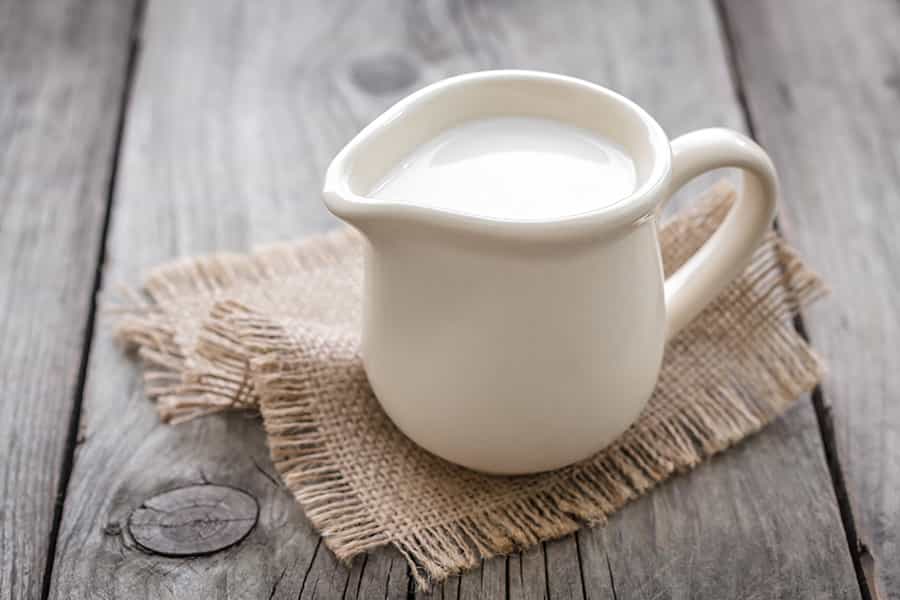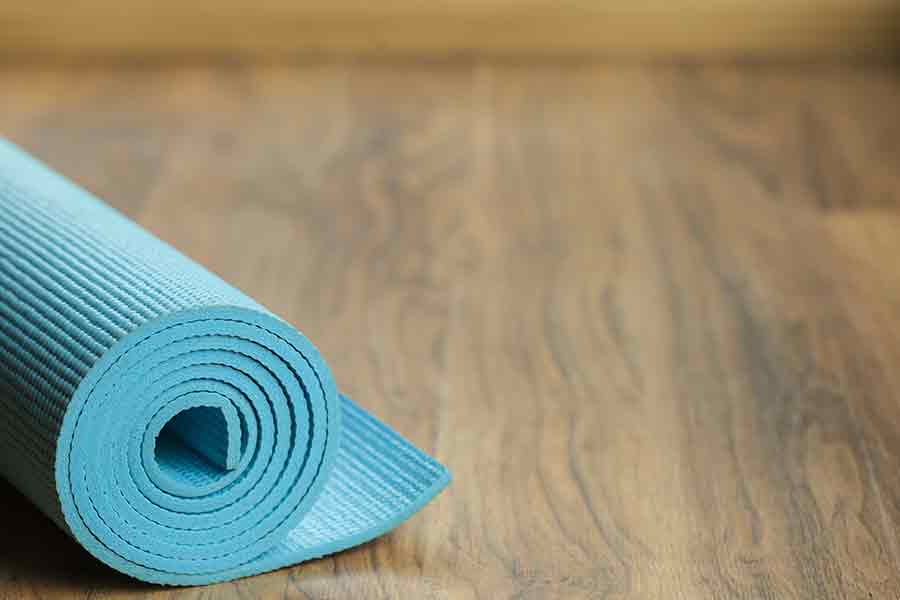The benefits of milk for bone growth and development have been accepted for years. The composition of milk, its protein and carbohydrate balance, helps to improve muscle performance and to attenuate damage after exercise.
The current governmental dietary recommendation for dairy consumption in adults is 3 cups per day. Pasteurized dairy milk is a good source of protein, calcium, potassium and vitamin D that aids in development of the human bone matrix, which involves vitamins C, D and K. In addition, calcium is an essential part of the development of collagen, which is necessary for bone strength. The combination of calcium and fortified vitamin D in milk work to increase peak bone mass to provide increased strength and decrease the risk of development of osteoporosis. In short, consumption of milk is extremely beneficial to long term bone health and development.
The benefits of milk are now known to go beyond nutrition supplementation and growth of developing children. Studies have shown that milk and milk-based supplements help to decrease muscle damage after strenuous exercise. Volunteers who consumed milk following exercise demonstrated an increase in muscle strength index, a benefit in muscle extension/flexion/range of motion, and a decrease in delayed onset muscle soreness. The positive effects were observed for up to three days following exercise and milk ingestion. Study volunteers also showed a decrease in creatine kinase, an enzyme that becomes elevated after muscle damage or muscle trauma.
A supplemental intake of 2 cups of milk immediately following exercise has consistently been shown to be beneficial. When milk was compared to carbohydrate supplementation after exercise in a study of healthy men and women, researchers saw increased performance in large muscle groups, decreased muscle soreness, and less evidence of muscle damage. The combination of carbohydrates and proteins in milk is also effective for replenishment of muscle glycogen, which is the primary fuel for musculature. The chemical composition of milk makes it an optimal post-exercise beverage supplement to both limit muscle injury and maintain muscle performance.
Nutrition is a crucial component of the holistic recovery process.
Two Dreams Outer Banks implements a comprehensive nutrition plan that is designed to provide natural, long-lasting energy and health benefits to all of our clients. Our clinical staff works with each client to create a meal plan that reflects individual preferences and needs. We provide instruction and guidance so that clients can effectively incorporate nutrient-rich foods into their diets. We take variety into consideration when planning our menus for the week, and offer a wide range of fruits and vegetables to maximize health benefits.
We use science-based menu planning to serve well-balanced meals to clients each day. The ideal daily intake is portioned into quarters: 6.2 ounces of grain per day, 2.6 cups of green vegetables per day, 2.1 cups of colorful veggies or fruit per day, 3.1 cups of dairy per day, and 4 ounces of protein (6 ounces for males) per day.
How you fuel your body is important, and nutrition needs are individual to each person. Balance is essential when treating individuals suffering from the disease of addiction. The consistency of healthy food intake provides homeostasis in the brain, and assists in healing the proper firing of neurons and synapses necessary for the recovery from addiction. Consumption of milk and dairy is just one of the many great ways to help achieve the balanced diet needed to fuel the recovery process.

